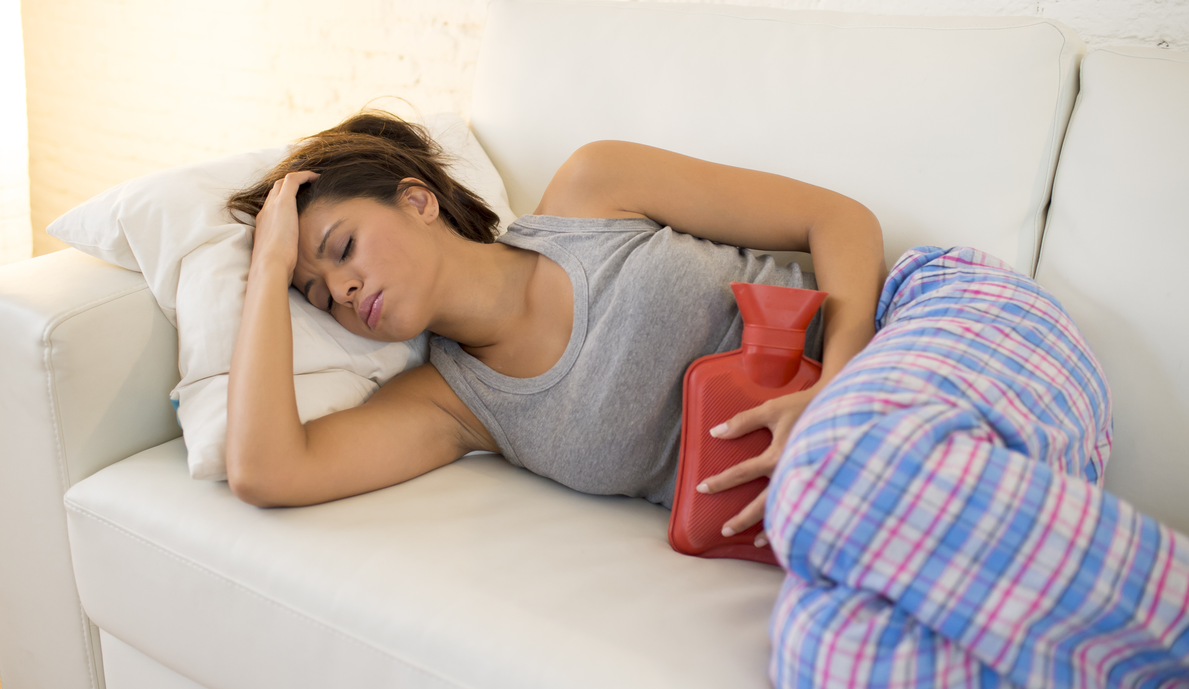The craze to look a certain way – as determined by the fashion industry – prompts many women to try crash diets for weight loss. While these might help you lose weight, they come with several risks.
What do crash diets do?
Crash diets are a departure from your usual eating patterns. You might eat smaller portions to lose weight or leave out fats and carbohydrates from your meals because you believe these make you plump. A crash diet may comprise a higher proportion of liquid than solid food, or the complete discontinuation of certain food items, or skipping meals and eating tiny portions, etc.
However, your body hardly ever gains any nutrition from crash diets. Your diet must contain all the necessary food groups, and especially carbohydrates and good fats. Each nutrient type offers a specific benefit for the body. If the body does not receive adequate nutrition and the right amount of food, it can have a terrible effect on every aspect of your life.
Crash diets are known to not only mess up your sleep and activity levels, but also impact your skin, hair, nails, digestive and circulatory processes. You might lose weight as the body burns off fat reserves to fuel your body, but soon, the muscles, bones, ligaments and nerves become weaker. Women who routinely go the crash diet route also experience lowered fertility, irregular menstrual periods, aggravation of existing gynaecological disorders, reduced chances of getting pregnant or sustaining a pregnancy to term, etc.
Your diet and your menstrual health
Just like the wrong diet can adversely affect your body’s major processes and functions, so also it has a detrimental effect on your menstrual cycle. Extreme calorie restriction, a reduced intake of vitamins, carbohydrates, calcium, and protein – all necessary for healthy uterine functioning – can result in a temporary cessation of the period, or drastic changes in your cycle. For example, you might not get a period for two or three months. Or your cycle might last longer and have a heavier flow than usual – you might use double the number of cotton sanitary pads than you normally do! Some women even experience sparser bleeding.
Extreme dieting that has progressed to an eating disorder may stop periods altogether. This is certainly not desirable and may require prolonged medication and a complete diet overhaul to bring your menstrual period back on track.
Other reasons why your periods are irregular
Crash dieting apart, some women experience irregular periods even when they eat healthy and get exercise. Underlying reasons like thyroid imbalances, hormonal imbalances, PCOS/PCOD, uterine fibroids, and even excessive exercise can throw your menstrual cycle off kilter.
How to deal with irregular periods
First off, you must consult a gynaecologist to know the underlying reason for your irregular menses. The doctor will run some blood tests to know your creatinine levels, pituitary gland performance, thyroid TSH levels, etc. A blood test may also rule out pregnancy in case this is the first time you have missed your period. The doctor will prescribe medication to get your periods back on track.
Heavy bleeding will necessitate frequent changing of your sanitary napkins. We recommend using Nua, the best sanitary pads because they are highly absorbent, thin and do not give you rashes. You can use Nua panty liner pads once your period ends to catch spotting and white discharge.
Read More: Irregular Period Problems and a Healthy Diet
Overhaul your diet completely. A nutritionist can chart out your daily diet and which food you must include in your meals for a healthy, regular period. Know more about irregular period problems and how a healthy diet can soon make them a thing of the past.

